EXPANDING SECTORS OF DISPUTE
입력 2019.07.16 (14:57)
수정 2019.07.16 (16:47)
읽어주기 기능은 크롬기반의
브라우저에서만 사용하실 수 있습니다.
[Anchor Lead]
Japan is taking steps to exclude South Korea from its preferential export processing system for strategic items. It seems that the dispute between the two countries is now spreading to the security sector. Observers are voicing concerns that the development could damage the three-way security cooperation system, among South Korea, the U.S. and Japan.
[Pkg]
At a working-level meeting, Japan revealed its plan to exclude South Korea from its whitelist, a preferential export processing system for strategic items.
[Soundbite] LEE HO-HYUN(MINISTRY OF TRADE, INDUSTRY, ENERGY(JUL. 12)) : "Japan said that it will exclude South Korea from the whitelist, since there have been few bilateral discussions over the recent three years."
Nations on the whitelist are given a three-year exemption from reexaminations when importing from Japanese companies strategic items that could be used for weapons development. Japan gives the preferential status of comprehensive permission to security allies. South Korea is the only Asian nation among the 27 countries on the Japanese whitelist. The exclusion from the list will require South Korea to undergo examinations and obtain separate permission each time it imports these strategic items from Japan. Japan's Cabinet will make a decision and an announcement after collecting public opinions until July 24. 21 days later, South Korea will be removed from the preferential list. The exclusion will affect a total of 760 South Korean items, including hi-tech materials and electronic goods. The exclusion is the strongest move Japan can take to indicate that South Korea is no longer an ally. Some analysts say that the Japanese government led by Prime Minister Shinzo Abe may intend to redefine relations with South Korea, as it pursues amending its war-renouncing pacifist Constitution.
[Soundbite] PROF. PARK JEONG-JIN(TSUDA UNIVERSITY) : "Japan has already made it clear that it doesn't share common security interests with South Korea. It has redefined relations with South Korea, as well as security cooperation."
The problem is that such moves could damage the three-way security cooperation system among South Korea, the U.S. and Japan, which is the axis of Washington's security strategies for North East Asia. This possibility leads analysts to believe that the U.S. will not sit idly by and continue to refuse to mediate in the Korea-Japan dispute.
Japan is taking steps to exclude South Korea from its preferential export processing system for strategic items. It seems that the dispute between the two countries is now spreading to the security sector. Observers are voicing concerns that the development could damage the three-way security cooperation system, among South Korea, the U.S. and Japan.
[Pkg]
At a working-level meeting, Japan revealed its plan to exclude South Korea from its whitelist, a preferential export processing system for strategic items.
[Soundbite] LEE HO-HYUN(MINISTRY OF TRADE, INDUSTRY, ENERGY(JUL. 12)) : "Japan said that it will exclude South Korea from the whitelist, since there have been few bilateral discussions over the recent three years."
Nations on the whitelist are given a three-year exemption from reexaminations when importing from Japanese companies strategic items that could be used for weapons development. Japan gives the preferential status of comprehensive permission to security allies. South Korea is the only Asian nation among the 27 countries on the Japanese whitelist. The exclusion from the list will require South Korea to undergo examinations and obtain separate permission each time it imports these strategic items from Japan. Japan's Cabinet will make a decision and an announcement after collecting public opinions until July 24. 21 days later, South Korea will be removed from the preferential list. The exclusion will affect a total of 760 South Korean items, including hi-tech materials and electronic goods. The exclusion is the strongest move Japan can take to indicate that South Korea is no longer an ally. Some analysts say that the Japanese government led by Prime Minister Shinzo Abe may intend to redefine relations with South Korea, as it pursues amending its war-renouncing pacifist Constitution.
[Soundbite] PROF. PARK JEONG-JIN(TSUDA UNIVERSITY) : "Japan has already made it clear that it doesn't share common security interests with South Korea. It has redefined relations with South Korea, as well as security cooperation."
The problem is that such moves could damage the three-way security cooperation system among South Korea, the U.S. and Japan, which is the axis of Washington's security strategies for North East Asia. This possibility leads analysts to believe that the U.S. will not sit idly by and continue to refuse to mediate in the Korea-Japan dispute.
■ 제보하기
▷ 카카오톡 : 'KBS제보' 검색, 채널 추가
▷ 전화 : 02-781-1234, 4444
▷ 이메일 : kbs1234@kbs.co.kr
▷ 유튜브, 네이버, 카카오에서도 KBS뉴스를 구독해주세요!
- EXPANDING SECTORS OF DISPUTE
-
- 입력 2019-07-16 15:01:32
- 수정2019-07-16 16:47:33
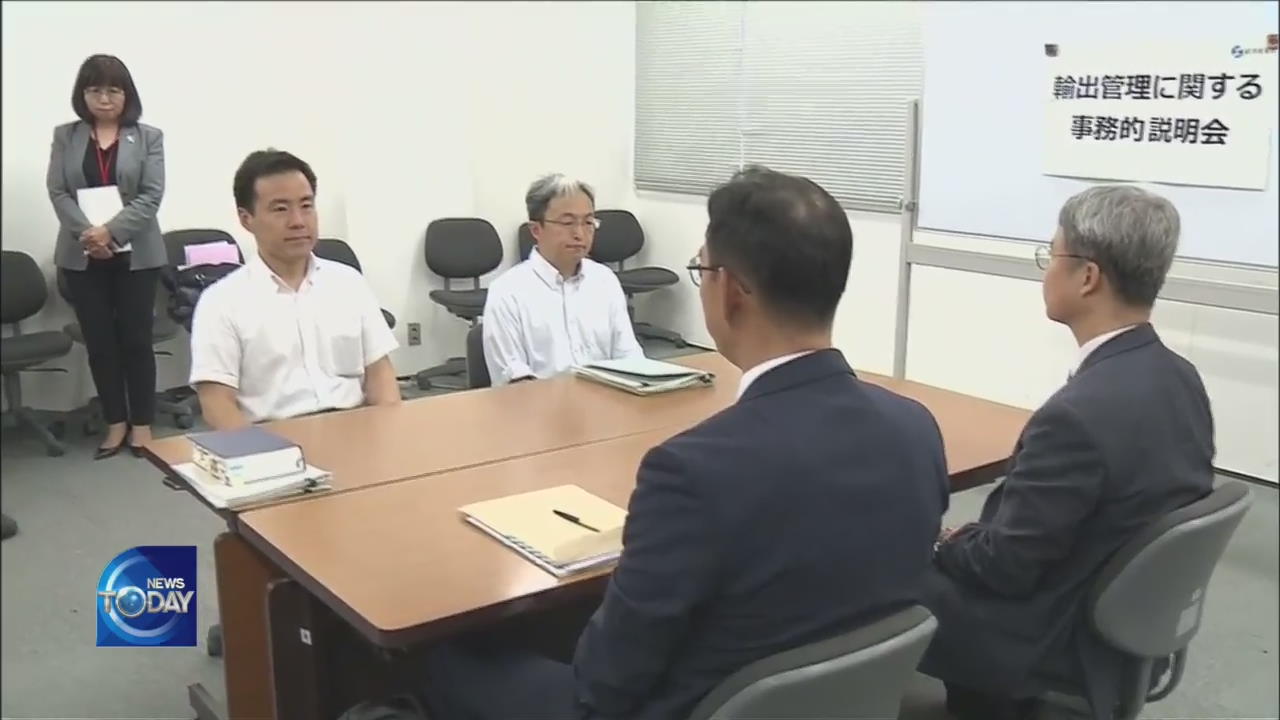
[Anchor Lead]
Japan is taking steps to exclude South Korea from its preferential export processing system for strategic items. It seems that the dispute between the two countries is now spreading to the security sector. Observers are voicing concerns that the development could damage the three-way security cooperation system, among South Korea, the U.S. and Japan.
[Pkg]
At a working-level meeting, Japan revealed its plan to exclude South Korea from its whitelist, a preferential export processing system for strategic items.
[Soundbite] LEE HO-HYUN(MINISTRY OF TRADE, INDUSTRY, ENERGY(JUL. 12)) : "Japan said that it will exclude South Korea from the whitelist, since there have been few bilateral discussions over the recent three years."
Nations on the whitelist are given a three-year exemption from reexaminations when importing from Japanese companies strategic items that could be used for weapons development. Japan gives the preferential status of comprehensive permission to security allies. South Korea is the only Asian nation among the 27 countries on the Japanese whitelist. The exclusion from the list will require South Korea to undergo examinations and obtain separate permission each time it imports these strategic items from Japan. Japan's Cabinet will make a decision and an announcement after collecting public opinions until July 24. 21 days later, South Korea will be removed from the preferential list. The exclusion will affect a total of 760 South Korean items, including hi-tech materials and electronic goods. The exclusion is the strongest move Japan can take to indicate that South Korea is no longer an ally. Some analysts say that the Japanese government led by Prime Minister Shinzo Abe may intend to redefine relations with South Korea, as it pursues amending its war-renouncing pacifist Constitution.
[Soundbite] PROF. PARK JEONG-JIN(TSUDA UNIVERSITY) : "Japan has already made it clear that it doesn't share common security interests with South Korea. It has redefined relations with South Korea, as well as security cooperation."
The problem is that such moves could damage the three-way security cooperation system among South Korea, the U.S. and Japan, which is the axis of Washington's security strategies for North East Asia. This possibility leads analysts to believe that the U.S. will not sit idly by and continue to refuse to mediate in the Korea-Japan dispute.
Japan is taking steps to exclude South Korea from its preferential export processing system for strategic items. It seems that the dispute between the two countries is now spreading to the security sector. Observers are voicing concerns that the development could damage the three-way security cooperation system, among South Korea, the U.S. and Japan.
[Pkg]
At a working-level meeting, Japan revealed its plan to exclude South Korea from its whitelist, a preferential export processing system for strategic items.
[Soundbite] LEE HO-HYUN(MINISTRY OF TRADE, INDUSTRY, ENERGY(JUL. 12)) : "Japan said that it will exclude South Korea from the whitelist, since there have been few bilateral discussions over the recent three years."
Nations on the whitelist are given a three-year exemption from reexaminations when importing from Japanese companies strategic items that could be used for weapons development. Japan gives the preferential status of comprehensive permission to security allies. South Korea is the only Asian nation among the 27 countries on the Japanese whitelist. The exclusion from the list will require South Korea to undergo examinations and obtain separate permission each time it imports these strategic items from Japan. Japan's Cabinet will make a decision and an announcement after collecting public opinions until July 24. 21 days later, South Korea will be removed from the preferential list. The exclusion will affect a total of 760 South Korean items, including hi-tech materials and electronic goods. The exclusion is the strongest move Japan can take to indicate that South Korea is no longer an ally. Some analysts say that the Japanese government led by Prime Minister Shinzo Abe may intend to redefine relations with South Korea, as it pursues amending its war-renouncing pacifist Constitution.
[Soundbite] PROF. PARK JEONG-JIN(TSUDA UNIVERSITY) : "Japan has already made it clear that it doesn't share common security interests with South Korea. It has redefined relations with South Korea, as well as security cooperation."
The problem is that such moves could damage the three-way security cooperation system among South Korea, the U.S. and Japan, which is the axis of Washington's security strategies for North East Asia. This possibility leads analysts to believe that the U.S. will not sit idly by and continue to refuse to mediate in the Korea-Japan dispute.
이 기사가 좋으셨다면
-
좋아요
0
-
응원해요
0
-
후속 원해요
0










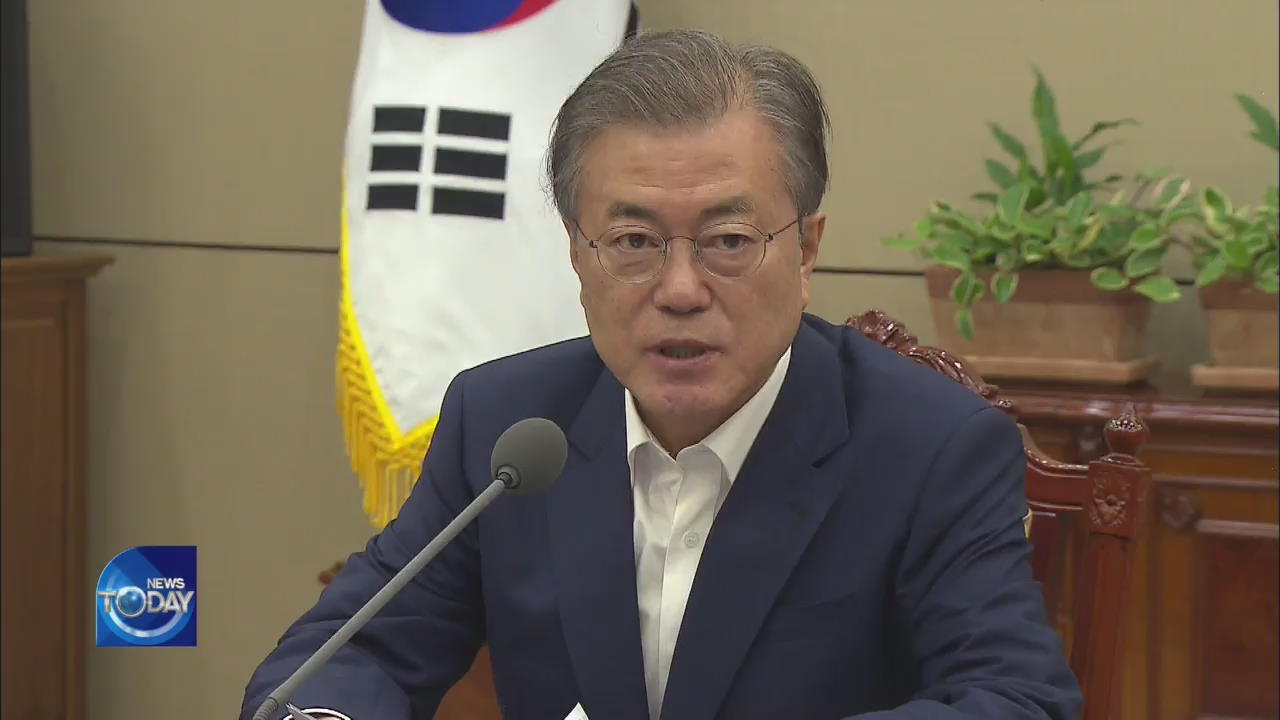
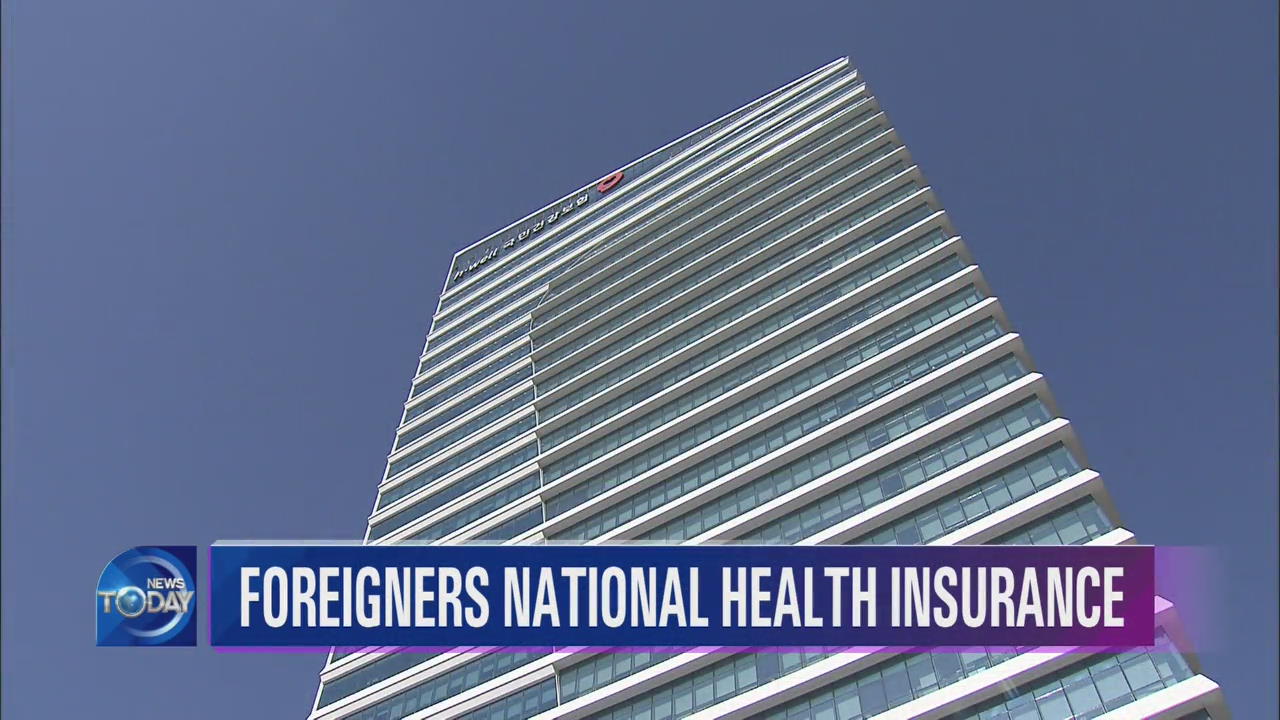
![[속보] 윤 전 대통령 내란특검 2차 조사 불출석…<br>첫 ‘소환 불응’](/data/layer/904/2025/07/20250701_agOL94.jpg)
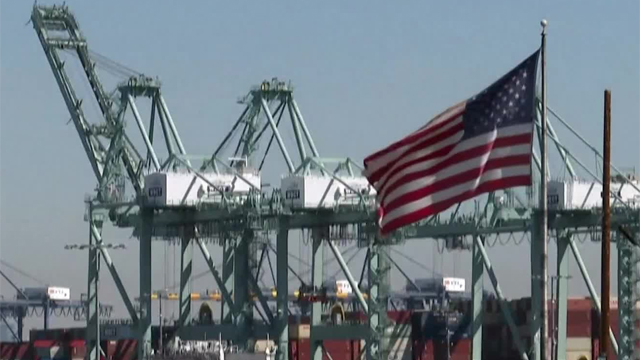
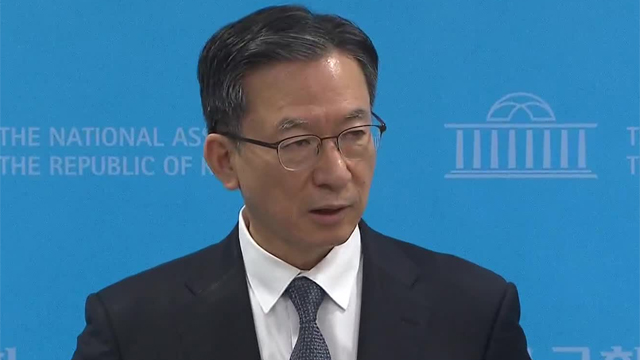
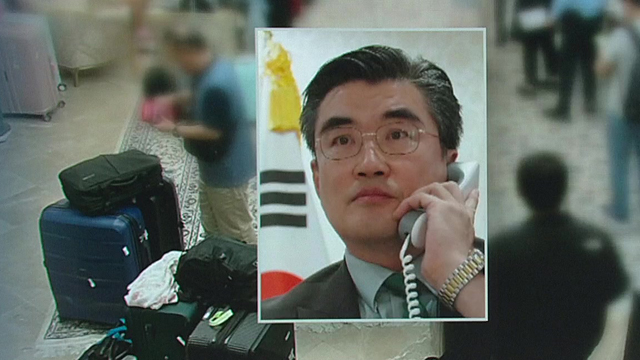

이 기사에 대한 의견을 남겨주세요.